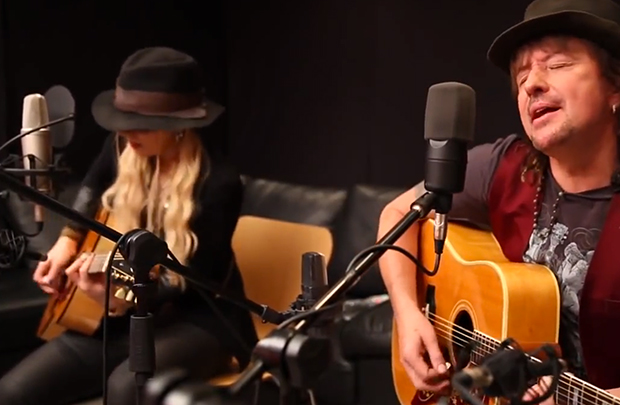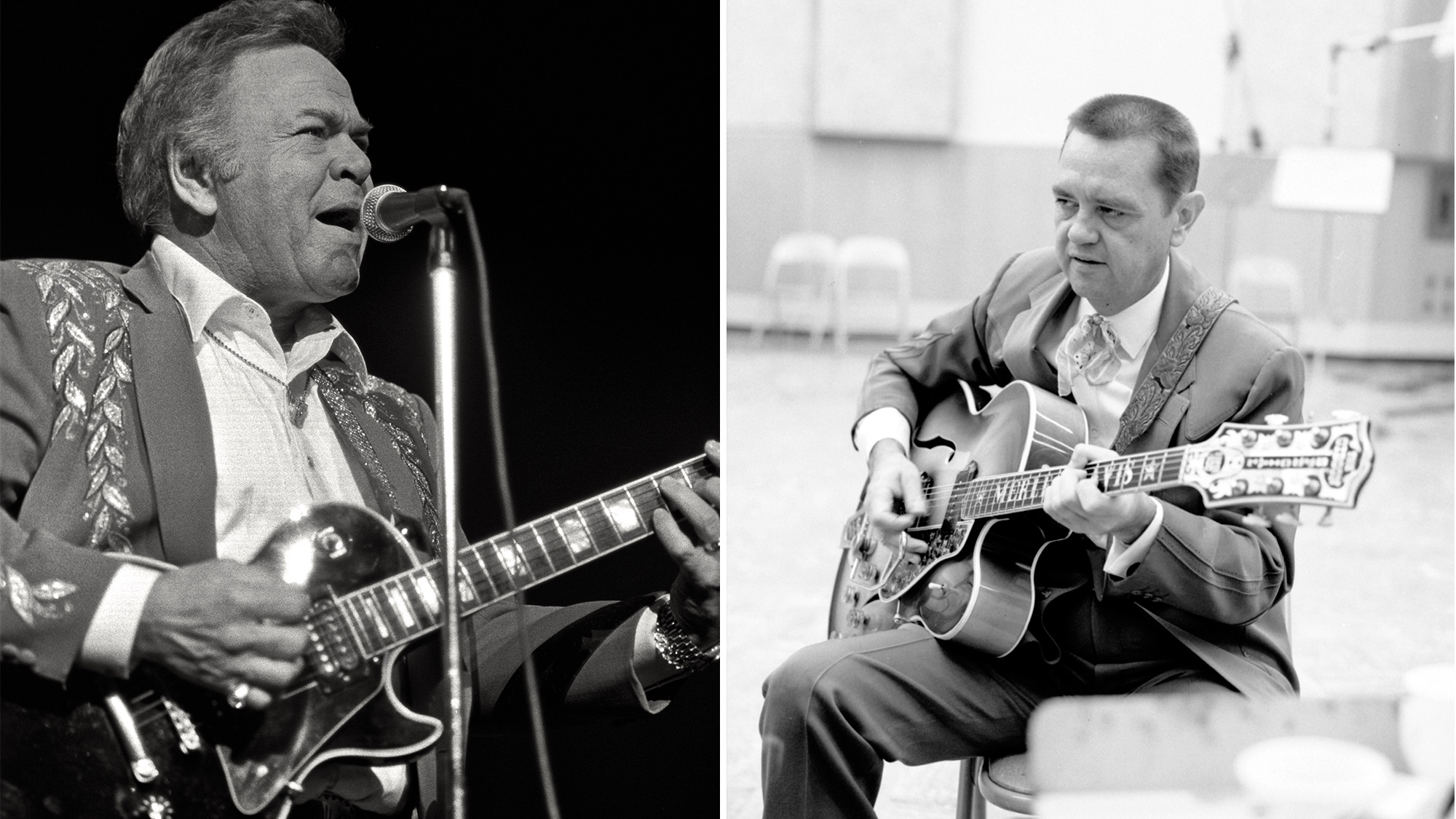Orianthi and Richie Sambora “Livin’ on a Prayer” Acoustic –– Video Finds

Here’s the duo of Orianthi and Richie Sambora performing an acoustic rendition of the Bon Jovi classic, “Livin’ on a Prayer.”
The acoustic guitars give the song a laid back vibe, while Orianthi and Sambora trade lead vocals.
The two also deliver some fine acoustic lead work.
“Livin’ on a Prayer” was the second single from Bon Jovi’s 1986 album, Slippery When Wet. The single became the band’s second consecutive #1 Billboard Hot 100 hit.
Having toured together this summer, Sambora and Orianthi are reportedly working on a collaborative album.
You can find out more about Orianthi at www.orianthi.artistintersect.com.
For more on Richie Sambora, visit www.richiesambora.com.
Get The Pick Newsletter
All the latest guitar news, interviews, lessons, reviews, deals and more, direct to your inbox!
Enjoy “Livin’ on a Prayer” right here, and tell us what you think in the comments below or on Facebook!
Acoustic Nation is written by Laura B. Whitmore, a music industry marketing veteran, music journalist and editor, who has contributed to Parade.com, Guitar World, and others. She has interviewed hundreds of musicians and hosts the She Rocks Podcast. As the founder of the Women’s International Music Network, she advocates for women in the music industry and produces the annual She Rocks Awards. She is the Senior Vice President of Marketing for Positive Grid, making the world safe for guitar exploration everywhere! A guitarist and singer/songwriter, Laura is currently co-writing an album of pop songs that empower and energize girls.










![[from left] George Harrison with his Gretsch Country Gentleman, Norman Harris of Norman's Rare Guitars holds a gold-top Les Paul, John Fogerty with his legendary 1969 Rickenbacker](https://cdn.mos.cms.futurecdn.net/TuH3nuhn9etqjdn5sy4ntW.jpg)